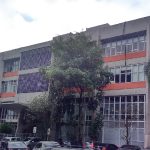The EMBRAPII Unit of TecnoGreen is the result of the union of researchers from the Polytechnic School of the USP in the various Engineering areas. For at least 25 years, RD&I projects have been developed in partnership with industries from various sectors in order to improve competitiveness. The Unit was created with a nucleus at LAREX (Laboratory of Recycling Treatment of Waste and Extraction) and also has the following laboratories: CEPEMA (Center for Research and Education in the Environment), NAP Mineração USP, LTM (Laboratory of Ores Treatment and Industrial Waste), LMS (Laboratory of Soil Mechanics) and Dempster (Laboratory of Mass Spectrometry).
LAREX has been working since 1992 on recycling, waste treatment, effluent treatment, biosorption, bioremediation, bioleaching and high temperature or aqueous extractive chemical processes. Thus, the combination of these laboratories has allowed to develop projects in complex systems involving multidisciplinary teams with a holistic vision.
The focus of the EMBRAPII TecnoGreen Unit is the development of green processes and products, aiming at greater energy efficiency, reducing the use of raw materials, reducing the use of toxic compounds, reducing environmental impacts, treating effluents and urban and industrial solid waste, recycling process and the creation of green products. EMBRAPII TecnoGreen Unit works in the development of sustainable technologies, which must be present since the project conception to its execution, maintaining natural resources, reducing environmental impacts, being able to offer all the support in the development of industrial processes and products that favor its sustainability, aiming at circular economy.
COMPETENCES
- Bioprocesses Engineering
It involves the development of equipment and processes to be used on an industrial scale in order to produce goods with high added value. The interface between the areas of biotechnology and process engineering allows the recovering of elements and compounds from industrial and urban waste, using living organisms for processes in bioreactors and fermenters. This method is considered not only more “green” than traditional methods used in the metal recovery industry, but also makes it possible to obtain economically or technologically unviable products by traditional routes. - Green Engineering
The concept of green engineering must be present since the project conception to its execution, conserving natural resources and reducing negative impacts on the environment, being able to offer all the support in the development of industrial processes and products that favor the population and promote the sustainable development of countries. - Urban Mining
Urban mining is based on the recovery of materials from urban waste, contributing to sustainability. This way, the waste of valuable materials is reduced, as well as the impacts to the environment. - Recycling Processes
The recycling process is the conversion of obsolete waste or equipment into new raw material or input. For this, the recycling processes may involve physical, chemical and/or biological interventions in order to promote the transformation of the materials. The process allows the reinsertion of materials, previously discarded, to the production process, increasing the useful life and avoiding the premature discard. - Sustainable Processes
According to the website of the Ministry of the Environment, “Sustainable Production” can be understood as the incorporation, throughout the life cycle of goods and services, of the best possible alternatives to minimize environmental and social impacts. In this way, it is intended to prevent environmental impacts and human health, generating wealth and social well-being. - Effluents treatment
In virtually all industrial sectors, effluent treatment aims to remove organic and inorganic pollutants from wastewater and ensure that their disposal meets the minimum requirements required by legislation. The treatment techniques are chosen according to the nature of the pollutants. There are several techniques for treatment of effluents, which may include physical (example: sieving), chemical (chlorination, precipitation, ion exchange, among others) or biological processes (aerobic or anaerobic lagoons, for example). With regard to the treatment of effluents, it is possible to reduce the environmental impact by recovering the water and/or compounds of economic interest present in the effluents or by choosing treatment techniques that generate less waste. - Waste Treatment and Industrial Waste
Environmental problems involving waste and industrial waste make companies look for technologies and innovations in the management of their waste. Therefore, waste from industrial processes generated by different segments must be treated, aiming at the recovery of metals for social, economic and environmental reasons. The treatment of waste and industrial waste is seen as an alternative for the use of wastes that are not currently economically viable.
Of this partnership, two projects already carried out with EMBRAPII stand out:
- Project with the Tecnored company – Desenvolvimento S.A .: Development of Process of Carbothermal Reduction of Iron Ore using Biomass as Carbon Source.
- Project with the Votorantim company – METAIS E ZINCO S.A .: Development of technological route of recovery of the waste from the zinc ore processing to the production of steel raw materials.

